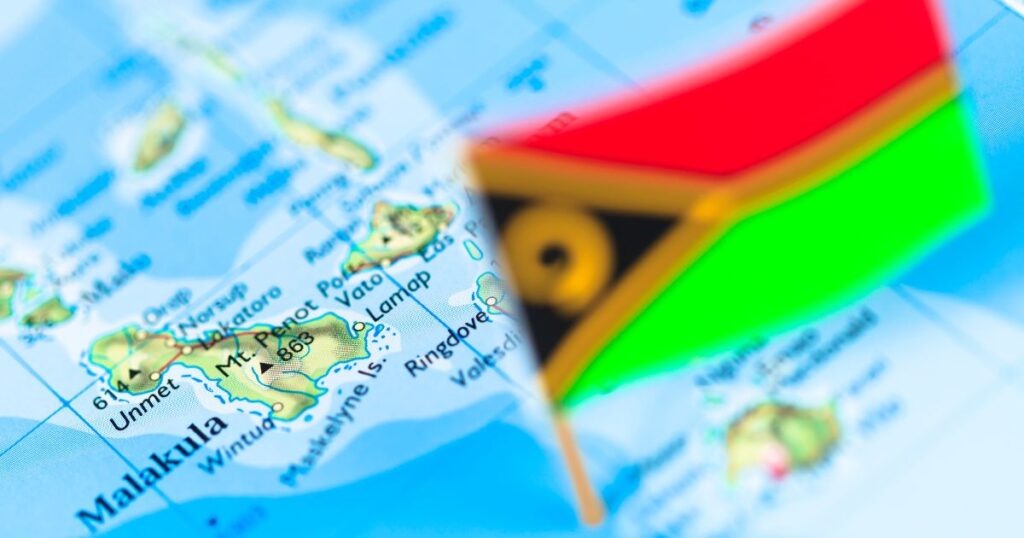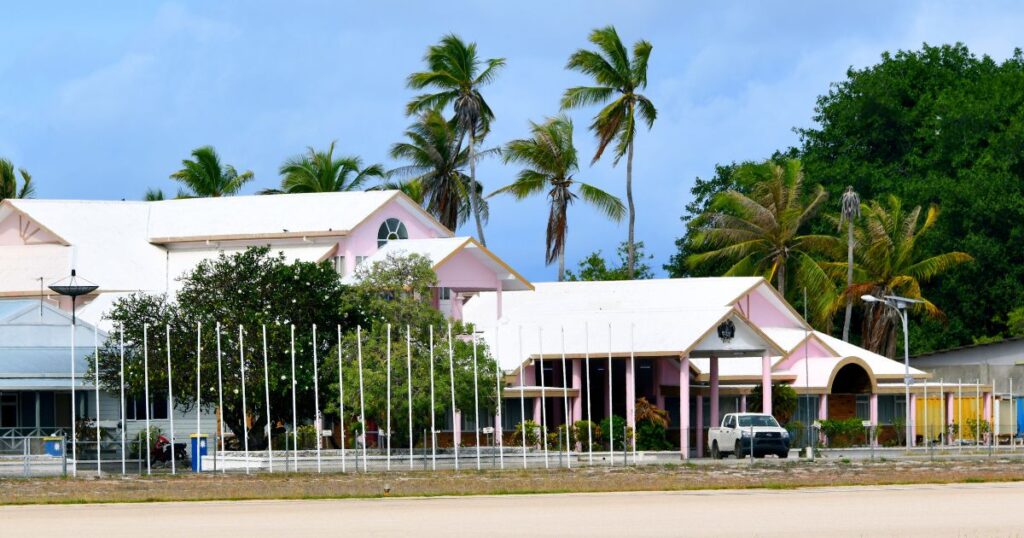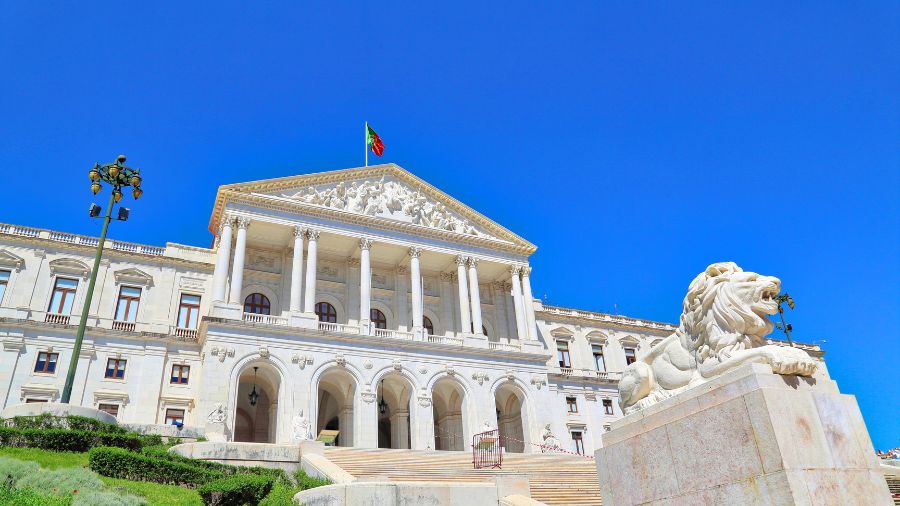Since 1970 people’s desire to migrate to states with favourable conditions has produced a market for passports. It took another two decades for the passport market to explode with popularity.
Tonga was among the first among pacific countries to sell its passports to thousands of purchasers, starting in the early 1980s. Later in the 1990’s Marshall Islands, Vanuatu, Samoa, and Nauru joined the business of selling passports.
Pacific island passports were extremely popular than Caribbean schemes operating in St Kitts (1984) and Dominica (1993) had legislations for citizenship by investment. Ireland also sold few hundred passports for investments in the late 90’s.
These were unofficial passport programs operated in secrecy, no transparency backed with no legislation. The 9/11 event annihilated these schemes due to security concerns
These passports sold by pacific tax havens were known as ‘passport for convenience’. These passports came with no citizenship rights, but came with visa free travel, escape military service at home and tax free perks.
Scandals and Poor screening of buyers and security concerns, inflicted damage on the reputation of the passport selling country.
Pacific Island tax havens have apparently collected $153,450,000 from (mostly ethnic Chinese) purchasers of passports.
| Year | Country | Passports | Revenues ($m) | GDP % |
| 1992-1996 | Tonga | 8450 | 92.9 | 6.5 |
| 1991-1997 | Samoa | 2200 | 24.2 | 2 |
| 1995-1996 | Marshall Is | 2000 | 22 | 11 |
| 1998-2002 | Nauru | 1000 | 11 | 8 |
| 1996-1997 | Vanuatu | 300 | 3.3 | 1.5 |
Tonga
In 1982 Tonga began issuing Tongan Protected Person Passports (TPPP), which conferred neither citizenship, nor residence rights in the country, nor visa-free entry.
Tongan passport scheme attracted residents of unpopular and crisis-ridden areas such as Taiwan, southern Africa and the Middle East, who will pay $8,000 to $50,000 for a passport, depending on the retailer.
By 1996 Tonga had sold at least 8,447 passports
The Tuvalu government’s decision to begin selling Tuvalu passports to foreigners was reported in October 1997 (AFP 31 Oct. 1997). Up to 3,000 of the passports, valid for five years, went on sale to Chinese buyers for US$11,000.00 each, or US$22,000.00 for a family of four
Samoa
Hong Kong newspapers advertised Samoan passports in late 1990’s. Samoan Citizenship cost $30,000 and passports (presumably without citizenship) $26,000 per head of household, $22,000 per spouse, and $22,000 per child aged thirteen to eighteen years. Some passports apparently cost $50,000, since subagents charged an additional $20,000 or more
About 2,200 Samoan passports were sold for an average of $11,000 each—or a total of $24.2m, equivalent to about 2% of the country’s annual GDP.
Marshall Islands
In 1987 the Marshall Islands government began granting passports to Asian businessmen who invested at least $50,000 in the country
August 1993 scheme cut the cost of Marshallese passports — each person buying a $33,000 bond and receiving part of this back after twenty-five years. From each $33,000 sale, $20,000 supposedly went into the government’s general fund. By August 1996 this scheme sold 1000 passports for approx $9.97 million
In 1995 and 1996 it appears that at least 2,000 Marshall Islands passports sold for at least $11,000 each—produced revenues of $22m (about 11% of GDP per year).
Nauru
Nauru’s passport sales started in 1998 despite Australian threats to withdraw recognition of Nauru’s passports—affecting many Nauruans living in Melbourne. Nauru offered ‘economic citizenship’ to people who paid between $15,000 and $50,000 to Nauru’s exclusive agents
Since 1998, 1,000 passports were sold for about $11,000 each—a total of $11m, averaging about 8% of the country’s gross national product for each year between 1998 and 2002.
Vanuatu
In 1990’s Vanuatu became offshore financial center waiving its ten-year residency requirement for citizenship and lift its dual citizenship prohibition.
In 1994, a Australian property developer first proposed A$400m five star tourism complex on Moso Island, with a bank, a casino, its own companies register, financial markets, and a business migration programme (involving Vanuatu citizenship, passports and residence) for investors. Although it was approved by government, the scheme never happened.
From 1997 media scandals concerning . illegally selling Vanuatu passports to unqualified Asian businessmen (between 50 to 300) were sold, reputedly costing $8,000 to $25,000. Besides these ordinary passports, at least 29 diplomatic and 42 official passports were granted
In one year (1996-1997) Vanuatu received about $3.3m for three hundred passports; approximately 1½% of its gross national product.
The passport scheme damaged Vanuatu’s international reputation was damaged and some countries (e.g., Canada) revoked visa waivers for Vanuatu’s nationals
For more information in the history, please refer to this research paper





